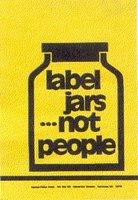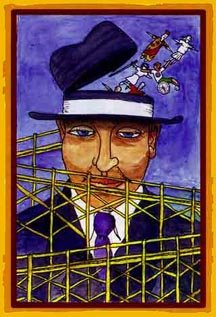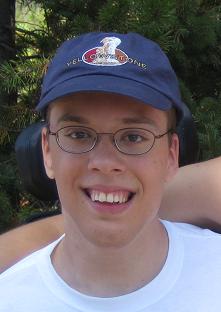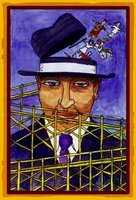 I interviewed “Brian”, a gentle man with a very quick wit. Brian told a story that highlights the issue of control. I think this is an issue that is often faced by people with disabilities.
I interviewed “Brian”, a gentle man with a very quick wit. Brian told a story that highlights the issue of control. I think this is an issue that is often faced by people with disabilities.
In his 24 years, Brian has needed 37 surgeries to repair the life-sustaining shunt that was first placed in his brain as a baby. He said a shunt malfunction can occur at any time and requires immediate surgery for repair. Brian starts to realize his shunt is not working when he feels moodiness and lethargy. After a while he develops a severe headache, nausea, and a sensitivity to bright lights.
Brian must interrupt his life, head to the hospital, and have surgery. He is grateful to have a consistent primary surgeon for each surgery. However, Brian faces new resident doctors, fellow doctors, nurses and anesthesiologists each time. These healthcare providers play a pivotal role in the surgery’s outcome and Brian's comfort, yet they have no personal experience with his complex needs. It is a terrible combination: Brian’s shunt malfunction is unpredictable, he feels miserable, and he has changing healthcare providers. At one time, Brian intensely dreaded this experience.
With the help of his family and a psychologist, Brian realized he needed to gain control over this challenge. He thought of his needs during the surgical experience - dim lights in the operating room, IV anesthesia, extra warmth, and a calm, light mood, to name a few. Brian made a written list explaining these needs, which he keeps ready for hospitalizations. His instructions have been consistently followed by his healthcare providers. While Brian is not able to avoid the shunt repair surgery, he is able to maximize his control and make the experience as manageable as possible.
The issue of autonomy is huge one. Society is designed for those with able bodies. Buildings have stairs. Crosswalks have signs that only those with sharp vision can read. School programs, recreational activities, and community events often are one-size-fits-all. Health care providers learn textbook solutions to “problems", often overlooking the person. This societal design forces people who don't fit the cookie-cutter mold to be dependent on others to bridge the gap between society’s attitudes and our individualities. It is necessary to depend on a wide range of people - doctors, teachers, personal assistants, educational assistants, family, friends and neighbors every day. From eating, bathing and going to the bathroom; to be being pulled out of the classroom for therapy; to waiting for the special bus, people with disabilities depend on assistance for a variety of things. And when dependence comes in, autonomy and control go out.
Even under the best of circumstances - a willing, respectful, capable helper and a clearly defined task - it is difficult to rely on other people's help. In a classroom lecture, my assistants took notes for me, writing down the material they thought important in the style the thought best. In addition to the loss of personal preference, there's also a loss of control over timing; I have to wait to go the bathroom, to get a snack, to get my laptop computer. And when the circumstances aren't the best - an unwilling, disrespectful, incapable, helper along with an ambiguous task - autonomy and control can really suffer.
This issue of control is faced every day. When to be assertive? When to be aggressive? When to go with the flow? When to just give in?
I admire Brian's courage and creativity taking back control in a very difficult situation. By identifying his needs and preferences and sharing them with those he was dependent on, he makes a major change in his life.

 This is a piece of artwork I like. It’s called Ramp Minds, by Dan Wilkins at
This is a piece of artwork I like. It’s called Ramp Minds, by Dan Wilkins at 










